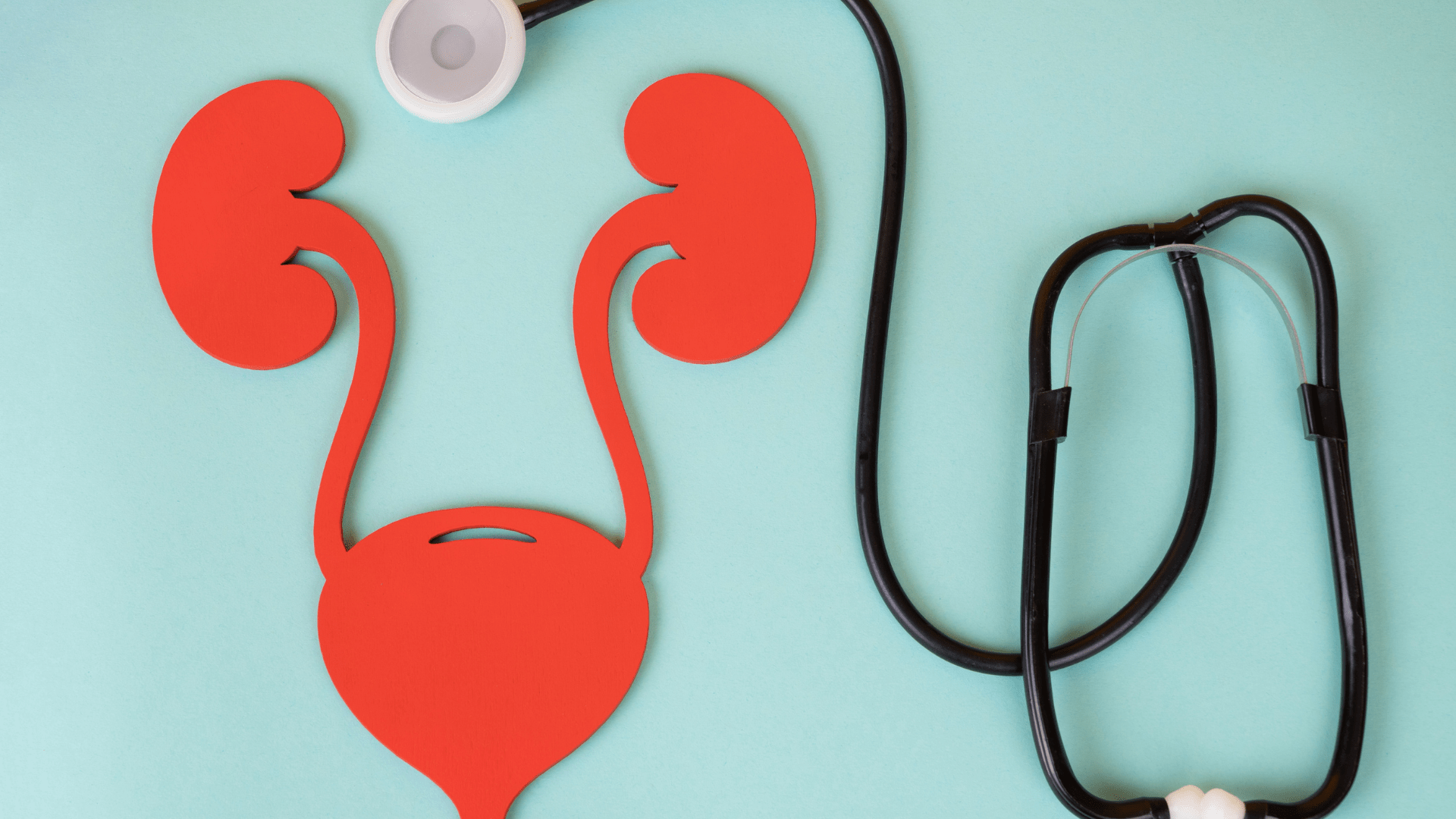You’ve decided you’re ready for a baby. You’ve pictured the tiny fingers and the cute baby clothes, you’ve got a long list of baby names, and you even have a whole Pinterest board of baby room ideas. We get it.
But, beyond the sexy time, the candlelit dinners, the romantic getaways, and “Netflix and Chill”, there’s a whole lot more that goes into making a baby. This article is your pre-baby checklist to make sure you’re fully equipped to bring a whole human into the world to love, cherish, and care for. Here are 7 things you need to do before you even start trying to conceive.
1. Book a Preconception Check-up
Think of this as you making sure the stage is ready before the main event, pregnancy. Before you start trying to conceive, you need to see your doctor for a full medical and preconception check-up to ensure your body is truly ready to carry a baby. Here’s what is actually covered:
- A full medical history review of yourself and your partner, including your blood group, genotype, your previous pregnancies, any chronic illnesses you both have, and even family medical conditions you might have overlooked.
- A screen for chronic medical conditions like hypertension, diabetes, or thyroid disorders, and infections like HIV, Hepatitis, or other Sexually Transmitted Infections like gonorrhoea and chlamydia, that can quietly affect fertility and complicate pregnancy. If you have them, your doctor will help you treat and get them under control to make your pregnancy journey as smooth as possible.
- A proper review of any medications you’re taking, because some of them, like Isoretinoin (for acne) or some anti-epileptic drugs like Valproate, or some blood pressure medications like Lisinopril, can affect fertility or even harm your baby when you’re pregnant. Your doctor can adjust them for safer alternatives.
2. Start Folic Acid
Folic acid is not just for pregnant people. In the first 3-4 weeks of pregnancy, before you even know you’re pregnant, folic acid is needed to help prevent some neural tube defects like Spina Bifida (serious conditions that affect your baby’s brain and spine).
Most women need 400 to 800 mcg of folic acid daily, but your doctor may recommend more if you have certain medical histories, like if you’ve had a baby with a neural tube defect, are diabetic, or are on some anti-seizure medications.
It is safe, affordable, easy to get, and honestly, one of the cheapest things you can do for your baby’s health.
3. Be a Master of Your Menstrual Cycle
Understanding your menstrual cycle is one of the ultimate cheat codes to knowing your fertility status. Track your periods, your cycle length and duration, and note any deviation from normal.
You also need to take note of your fertility window, which is when your chances of pregnancy are higher, and watch out for signs like:
- Clear, stretchy vaginal discharge.
- Mild abdominal ovulation cramps
- A very subtle rise in your basal body temperature
- Feeling hornier than usual
If it feels like a lot to keep track of mentally, don’t stress. Head to the Fertitude app to help you keep track of your cycles and more.
4. Adjust Your Lifestyle
Your future pregnancy and the outcome start with your current habits.
Nutrition: Eat a healthy and balanced diet rich in fruits, vegetables, whole grains like brown rice or oats, and lean proteins like chicken, fish, eggs, and beans. Limit heavily processed foods, too much sugar, or excess salt.
Exercise: Regular movement helps keep your hormones balanced, improves circulation, and supports a healthy weight. You don’t have to run a marathon or do some crazy exercise. Simple brisk walking for 30 minutes a day, dancing in your living room, or Yoga can help.
Weight: Both underweight and overweight can affect your ovulation and fertility. The goal is to maintain a healthy weight for your body.
Cut down on alcohol, smoking, and recreational drugs: These can affect your fertility and increase pregnancy risks. If quitting feels hard, talk to your doctor for support.
5. Be Financially Ready
Babies are adorable, and we have baby fever that has us screaming “my ovaries” every time we see babies with chubby cheeks and gummy smiles. But as cute as they are, they are also expensive. From antenatal to delivery to buying all the baby essentials, expenses can add up very quickly.
Review your finances thoroughly, ensure you have good savings for emergencies, and budget for both expected and surprise expenses.
6. Build Your Support System
Pregnancy and parenthood aren’t the easiest of things to do solo. Get your village ready. Your partner, friends, family, or even trusted online communities like the one on the Fertitude app. Having a good support system can make a huge difference when things aren’t going as smoothly as you hoped.
7. Know When to Seek Help
If your period is chaotic, shows up late, skips months, or comes with pain that has you screaming in agony, you don’t have to just “manage” it. Your body’s trying to tell you something, and it’s worth listening to and getting it checked out by a doctor.
Also, if you’ve been trying to get pregnant for a year (or six months if you’re over 35) and nothing’s happening, that’s your sign to see a fertility specialist. Don’t wait for things to magically fix themselves. The earlier you get answers, the more options you’ll have.
Final Thoughts
Trying for a baby isn’t just about having sexy time and hoping for the best. It involves taking intentional steps now, spotting red flags early, and giving yourself the best possible start, which can help save you from stress and heartache in the future.
If you’re ready to take control of your fertility journey, speak to a doctor here to help you get started.
References
Infertility: Types, Causes, Symptoms, Diagnosis & Treatment





